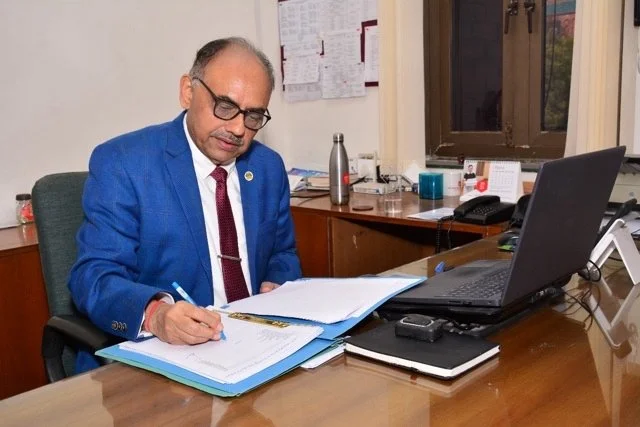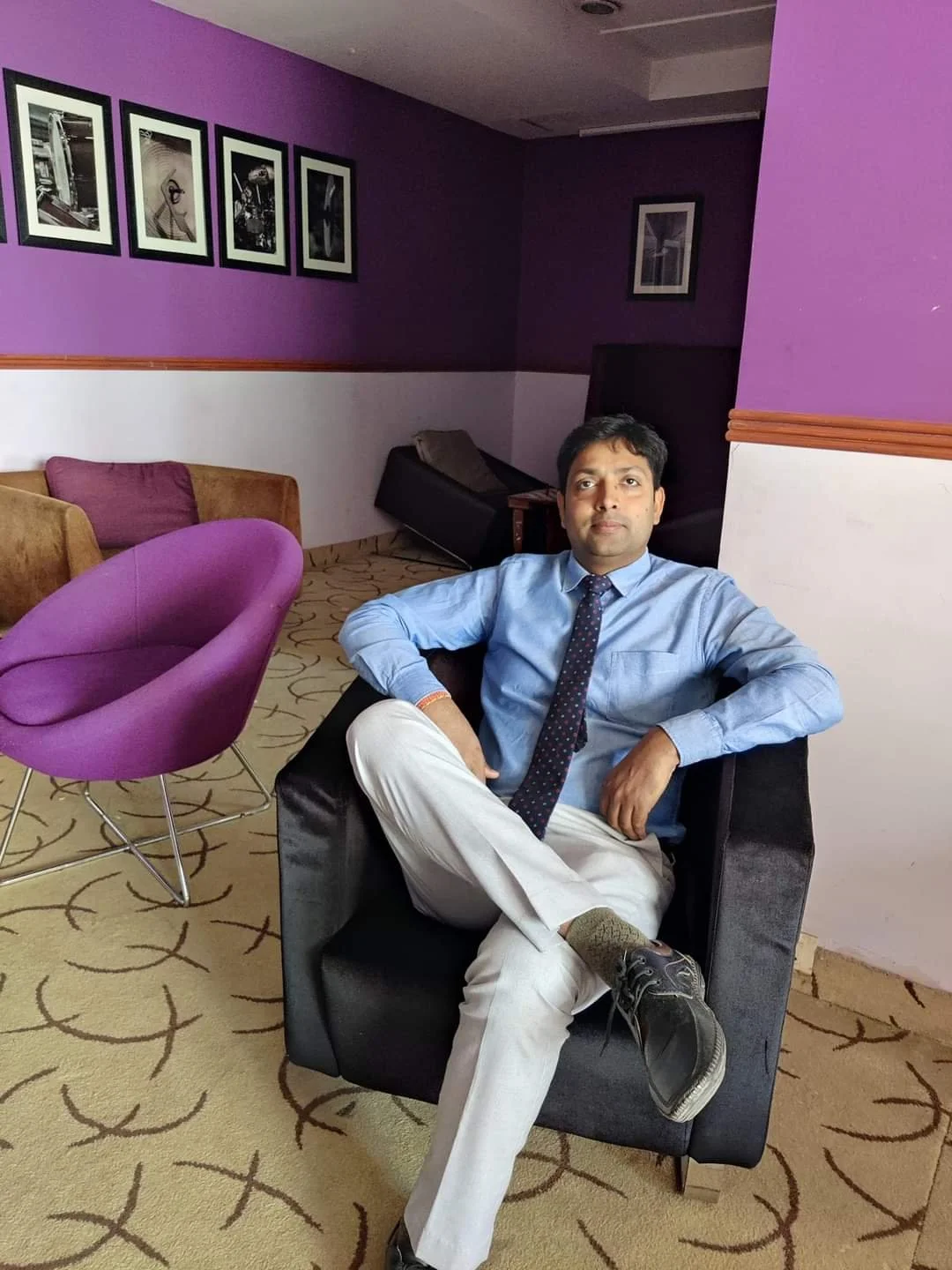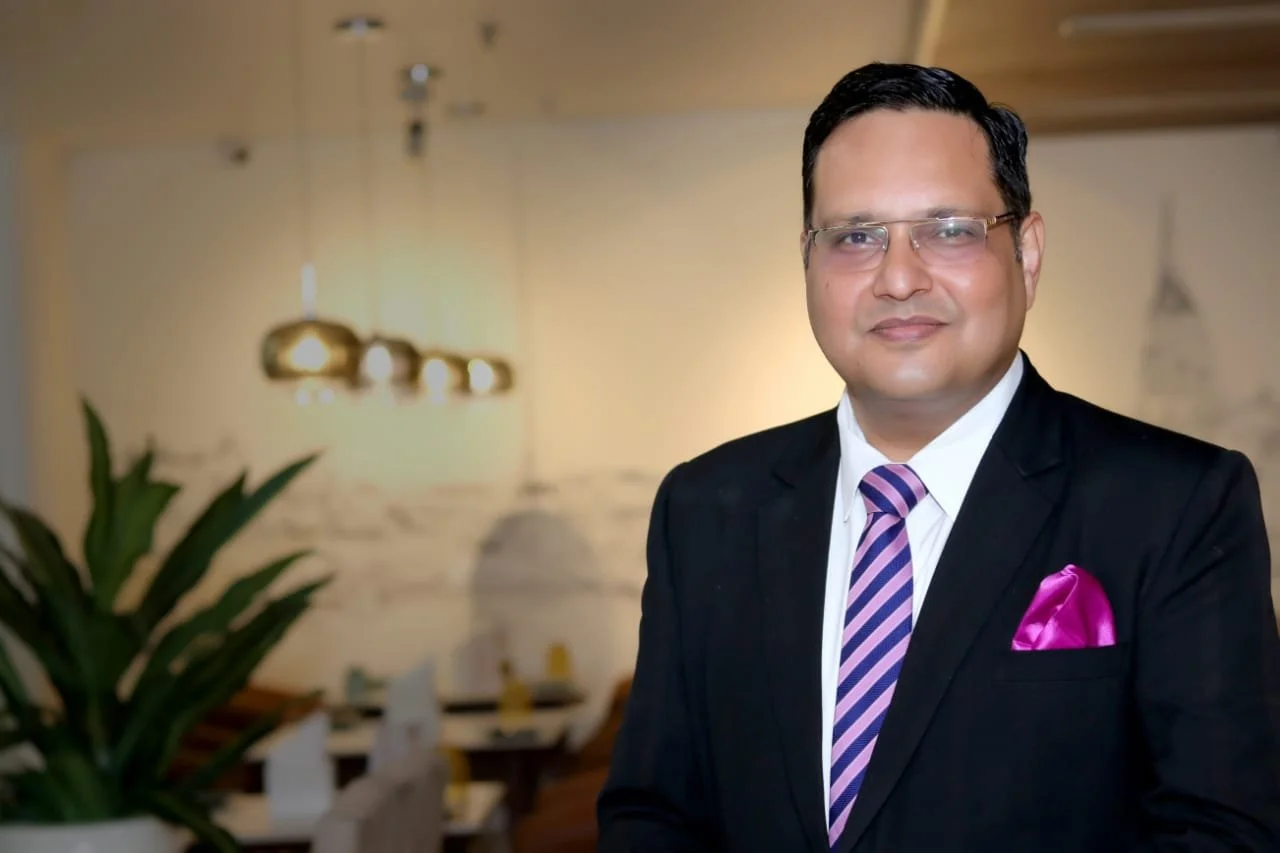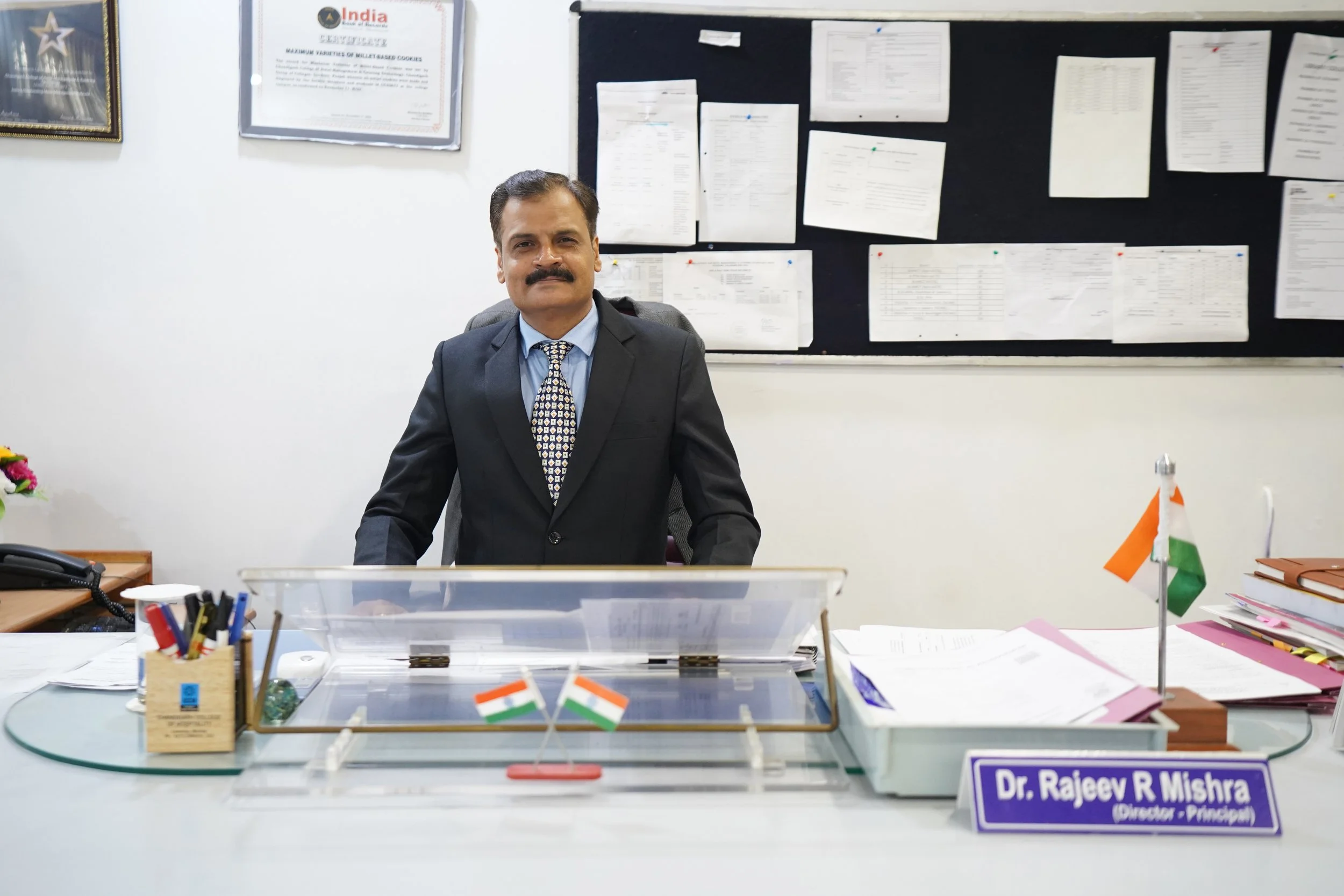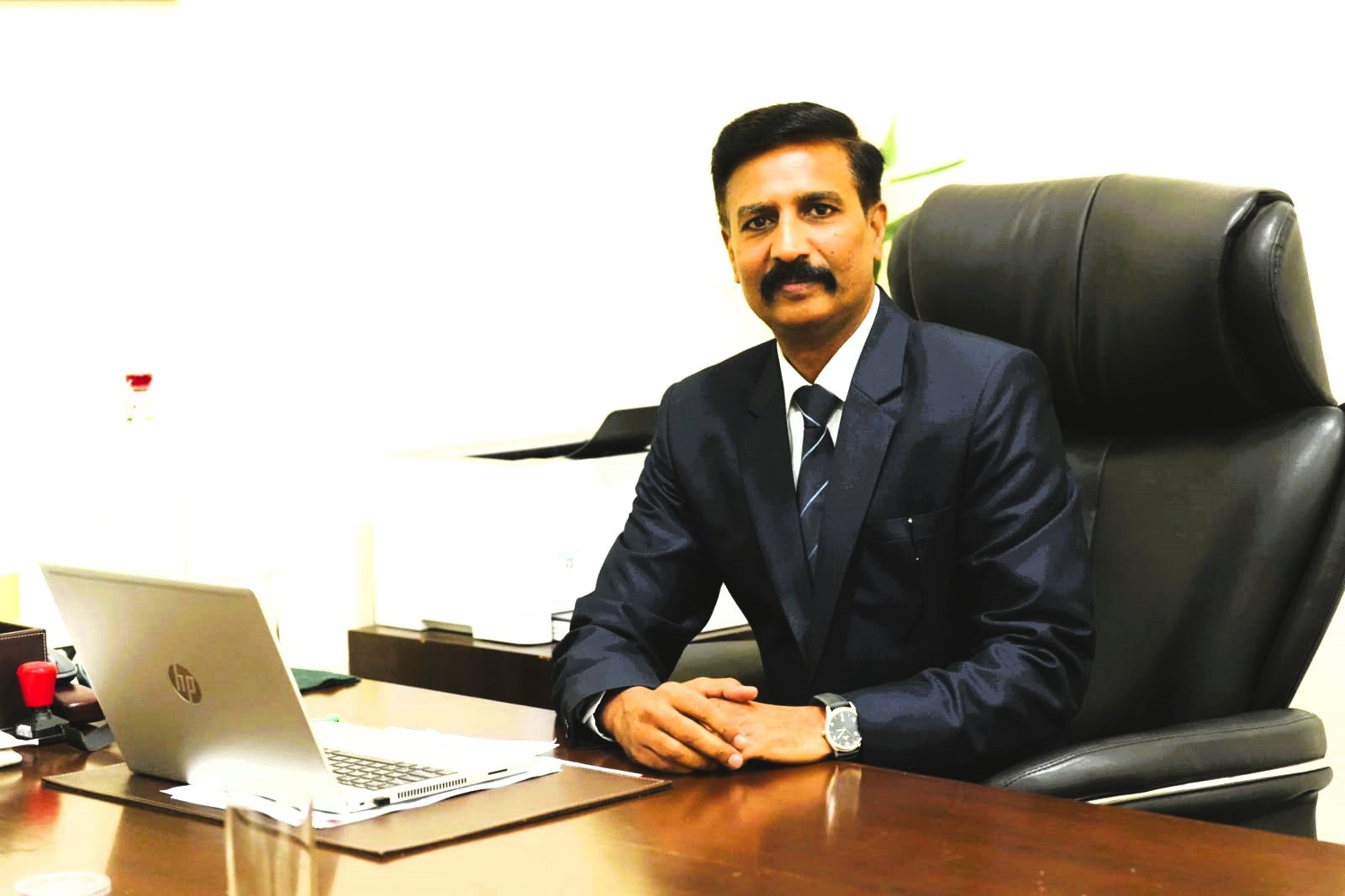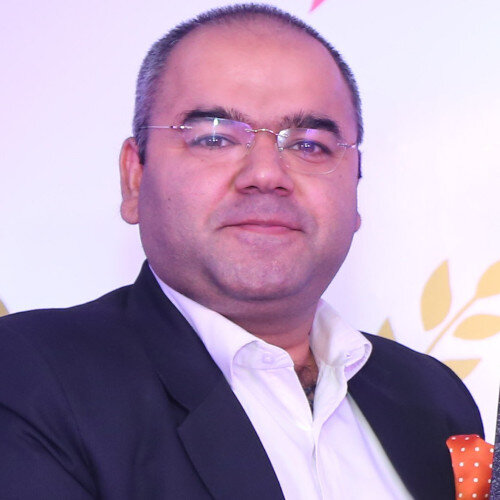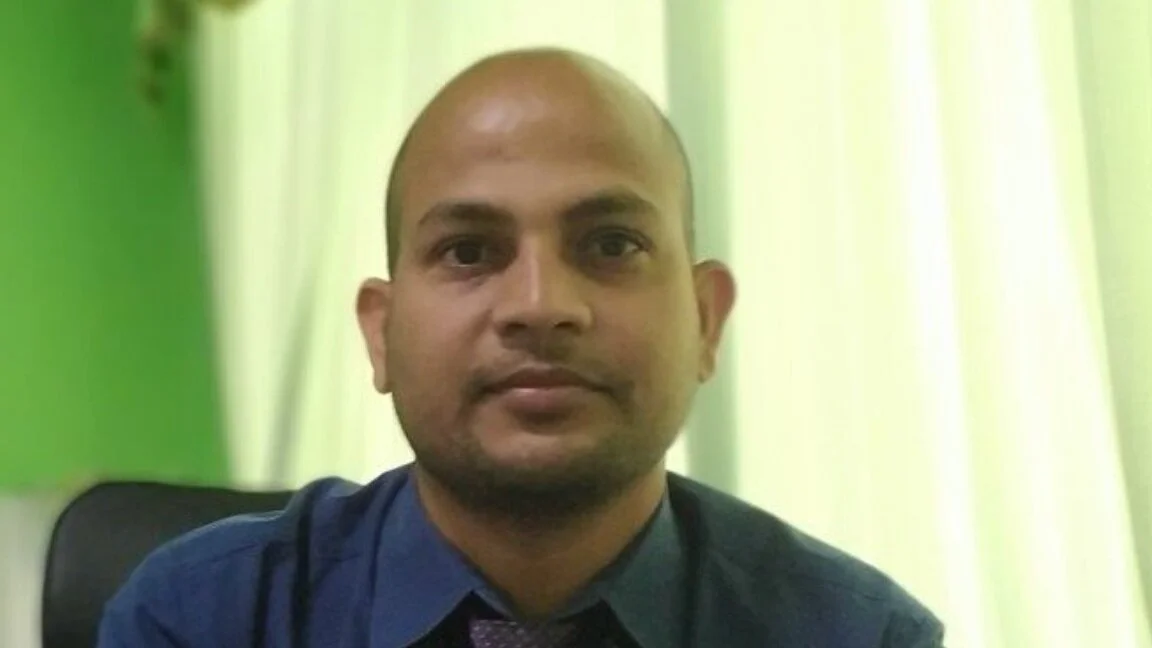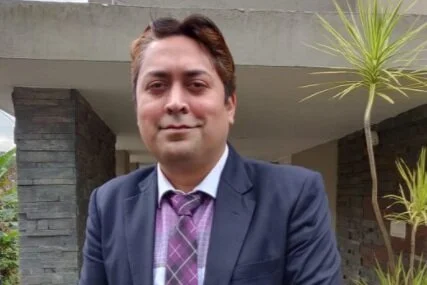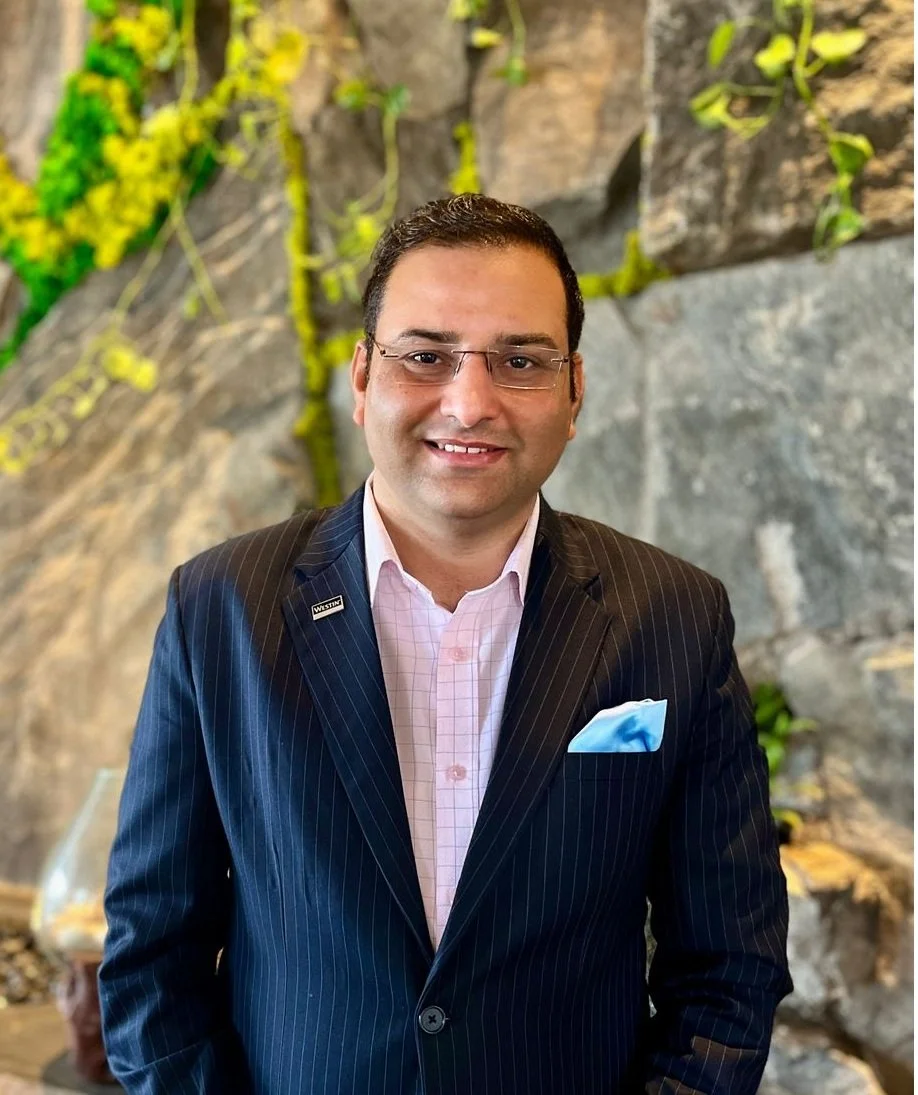Exclusive Interview | Anil Bhat, Chief Executive Officer, The Hotel School
/“I advocate for the formalization of overtime compensation. This would not only reward employees for their additional efforts but also hold managers accountable for extending work hours unnecessarily. In the long term, this could lead to reduced attrition rates, increased employee motivation, and ultimately, an enhanced guest experience”
Editor: Tell us about your journey. How did it all start?
My journey into the professional world of hospitality began in 2001 when I enrolled in a Bachelor of Hotel Management program. The following year, I undertook industrial training at Jaypee Vasant Continental, a transformative experience that laid the foundation for my career. By 2003, as I transitioned into my third year of studies, I secured a position at Hotel City Park in Pitampura, New Delhi.
Like many aspiring hotel management students, I had always dreamt of working with prestigious brands like Taj or Oberoi. That dream came true in 2004 when I joined the Taj Hari Mahal in Jodhpur. It was there that I discovered my passion for training and development, a realization that led me to pivot into academia. In 2006, I joined the Cradle of Management Institute in New Delhi as an Assistant Director. This was a pivotal moment as it marked my entry into the academic world, and I was instrumental in establishing the institute as a reputable name in the Delhi NCR region.
In 2011, I co-founded The Hotel School, taking on the role of Director of Academics and External Affairs. Our focus was on delivering quality education with a strong emphasis on practical training and robust placement opportunities. Our dedication bore fruit when we received the “Achiever of the Year” award for two consecutive years from the Tata Institute of Social Sciences (TISS) in Mumbai.
Today, I serve as the CEO of The Hotel School in New Delhi. I owe a debt of gratitude to my mentors, colleagues, students, and the entire hospitality industry for their invaluable contributions to my personal and professional growth.
Editor: What do you think it takes to succeed in this industry?
The hospitality industry is both rewarding and demanding, often cited for its long hours and the challenge of maintaining a work-life balance. However, the cornerstone of success in this field is authenticity, epitomized by a genuine smile.
But how does one maintain this authenticity? The answer lies in a positive attitude and a deep- seated love for one’s work. When you are passionate about what you do, it shines through in your interactions with guests and colleagues alike. To truly excel, it is crucial to find the right fit for yourself, which means understanding your strengths and aligning them with your career goals. Success in this industry is a blend of the right attitude, patience, integrity, dedication, and discipline.
Editor: What according to you can trainees do while they are training at hotels to make it a win-win for them & the hotel/unit?
Trainees have a golden opportunity during their industrial training to demonstrate their potential and make a lasting impression. Hotels are continually looking for talent, and a standout performance during training can often lead to full-time employment. Beyond that, the training period offers a comprehensive learning platform where trainees can familiarize themselves with the practical aspects of various departments.
To maximize this opportunity, I advocate a two-pronged approach: “Submission & Enquiry.”
By “Submission” I mean setting aside one’s ego and embracing a positive, respectful attitude toward the training and the mentors. This approach encourages senior staff to invest in your learning, offering you hands-on experiences that are invaluable for your development. Patience is key here; it takes time to earn the trust and respect of your seniors, but once you do, the learning experience becomes incredibly enriching.
“Enquiry” refers to the proactive pursuit of knowledge. If you are uncertain or curious about something, ask. This not only enhances your learning but also signals your enthusiasm and engagement. By combining a submissive attitude with a curious mind, trainees can create a win-win situation: they gain invaluable experience, and the hotel identifies a potential future employee.
Editor: What are some of the trends you see impacting the hospitality industry?
The hospitality industry is in a state of constant evolution, influenced by several key trends. Firstly, technology is revolutionizing the guest experience, from mobile check-ins and contactless payments to AI-powered customer service chatbots. Augmented reality is even being used for virtual tours and personalized recommendations.
Sustainability is another major trend, with eco-conscious practices becoming increasingly important. Hotels are reducing plastic waste, conserving energy, and sourcing local, organic products to meet the demands of environmentally-aware travellers.
The COVID-19 pandemic has heightened the focus on health and safety, leading to enhanced cleaning protocols, improved ventilation systems, and the adoption of touchless technologies.
Personalization is also gaining traction. Data analytics and AI are enabling hotels to offer highly customized experiences, from tailored room amenities to personalized dining recommendations.
In the food and beverage sector, we are seeing a rise in unique dining experiences, such as pop-up restaurants and themed events. Plant-based and sustainable dining options are also increasingly popular.
Flexibility in booking has become crucial, especially in the uncertain climate created by the pandemic. This has led to more lenient booking and refund policies. The concept of “workcations” is gaining popularity, as remote work becomes more commonplace. Hotels are adapting by offering dedicated workspaces and high-speed internet.
Wellness is another focus, with hotels offering amenities like fitness centres, spa services, and wellness retreats.
Lastly, guest safety and data security remain paramount, with measures in place to protect against cybersecurity threats.
What are two aspects of the industry you’d like to see evolve or change?
While I have a deep affection for the hospitality industry, there are two areas where I believe we could make significant improvements. First, I’d like to see an expansion of Management Training Programs and Supervisory Development Programs.
These accelerated development initiatives can serve as powerful motivators for top talent, encouraging them to contribute more effectively to the industry. While many esteemed hotel chains already offer such programs, scaling these efforts could have a transformative impact on cultivating the next generation of hospitality leaders.
Secondly, I advocate for the formalization of overtime compensation. This would not only reward employees for their additional efforts but also hold managers accountable for extending work hours unnecessarily. In the long term, this could lead to reduced attrition rates, increased employee motivation, and ultimately, an enhanced guest experience. It is a win-win situation that also lowers recruitment costs, benefiting the organization as a whole.
How can the industry better collaborate with academic institutions?
To produce high-quality professionals for the hospitality sector, there needs to be a symbiotic relationship between the industry and academic institutions. A structured Industry Engagement Program could serve this purpose, focusing on the holistic development of students aspiring to join the hospitality field.
Beyond enhancing Industrial Training and Job Trainee programs, there should be a concerted effort to develop Management Training and Hotel Operation Trainee initiatives. This would fast-track promising students to higher positions, aiding in talent retention.
Moreover, industry engagement should commence from the early stages of academic life. This could involve regular interactions with industry experts, field visits, workshops, and even collaborative research projects. Such experiences not only enrich the educational journey but also foster a sense of commitment and belonging to the hospitality industry.
Editor: We have observed a growing trend of hotel management students in India opting for international internships. Have you noticed this at The Hotel School, and what are your thoughts?
Yes, the trend toward international internships is unmistakable, although many of these opportunities are paid experiences. At The Hotel School, we encourage students to complete their internships domestically while aiming for international employment after their course of studies. In the past year alone, over 50 of our students have secured international placements, and we have facilitated hundreds of such opportunities without any financial burden on the students.
We believe that to seize these global opportunities, students must focus on honing their communication skills, maintaining a positive attitude, and excelling academically. We are also in the process of expanding our international placement program to ensure that every student has the chance to work abroad if they are interested.


